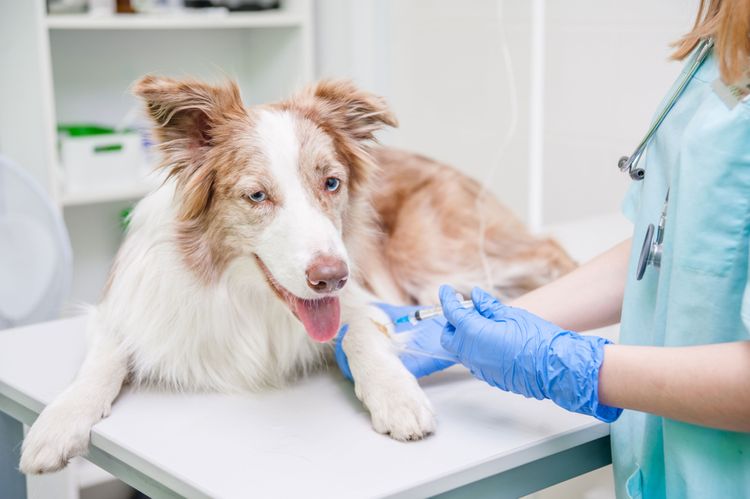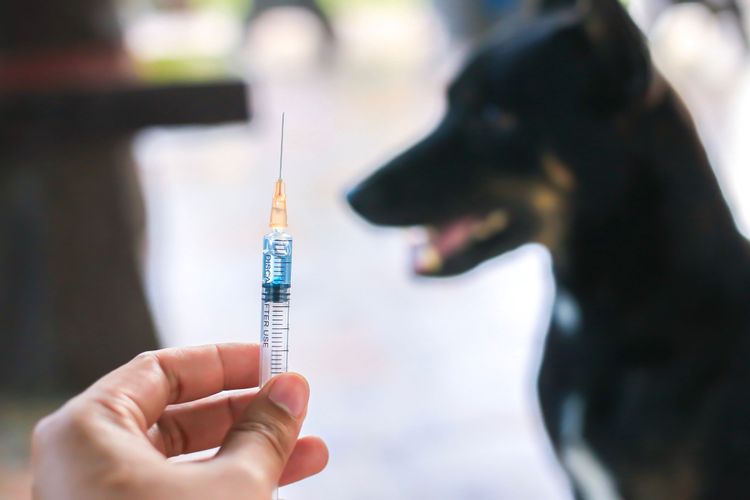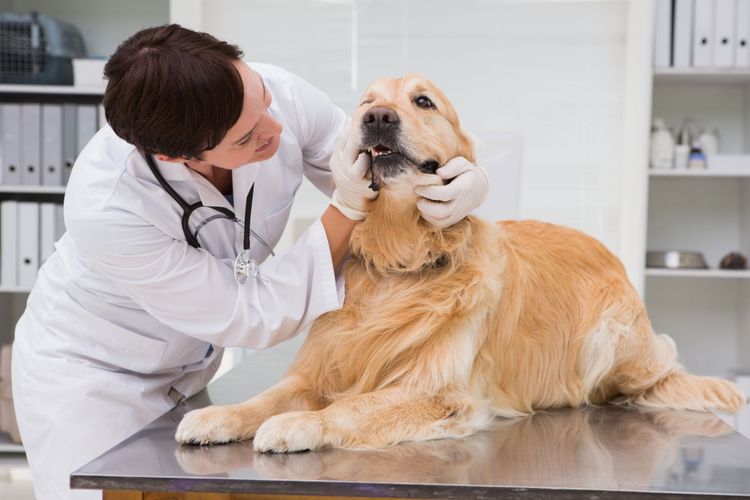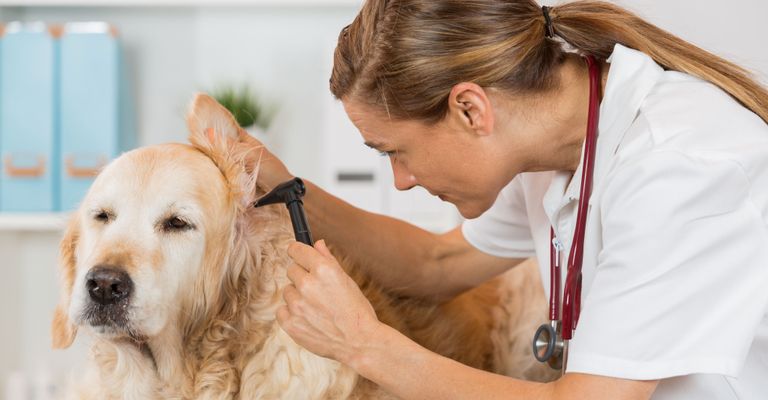Symptoms of disease in dogs
The dog is man's best friend and is usually even part of the family. If your dog is sick, you are naturally worried. But what dog diseases are there and what symptoms should you look for in your four-legged friend?
General dog disease symptoms
Generally speaking, you should examine your dog's eyes as well as coat and teeth on a regular basis. The eyes should be shiny, as well as the coat. The skin also needs to be checked regularly. The teeth should be free of tartar, broken teeth should be looked at immediately by a veterinarian.
In addition, every dog owner should know the normal temperature of his four-legged friend. So he can react faster if the dog gets sick.
If the dog eats poorly, this is usually a bad sign. If other symptoms come to this behavior, with high probability your dog is sick and you should go with him to the vet.

Other canine disease symptoms you should watch for include the following:
- Floppiness, noticeable fatigue to apathy.
- very high water consumption
- noticeable vocalizations from your dog, such as prolonged whining or barking
- itching and scratching
- diarrhea and vomiting
- limping
- conspicuous drooling, increased panting
In addition to infectious diseases and injuries, there are also food allergies that must be ruled out if symptoms are noticeable. A food allergy in dogs manifests itself through vomiting and diarrhea, but also through non-specific symptoms. These can include itching, sore or bald patches on the body and restlessness. Changing the food usually brings quick relief. However, this should be done under veterinary supervision.


Dog diseases - prevention and measures
The best thing you can give your dog is high-quality dog food. Here you should not save, because also with the dog applies: You are what you eat.
Even dogs can show symptoms of stress. This means that you should give your dog enough exercise, but also enough rest. Stressful situations such as crowds of people or being left alone for long periods of time should be avoided at all costs.
In addition, your dog should be kept busy. This applies not only to exercise in the fresh air, but also to the dog's head.
Vaccinations should be mandatory for your dog. So he is protected with the most common vaccinations against the following infectious diseases:
- Hepatitis
- Leptospirosis
- Rabies
- distemper
- Parvovirosis
Regular deworming should also be standard for you as a responsible dog owner.
If you are unsure, the following credo applies: It is better to visit the vet once too often than once too little. No vet will turn you away from the practice just because you made a mistake. After all, the most important thing is that your four-legged friend is well - both the doctor and the owner want that.














